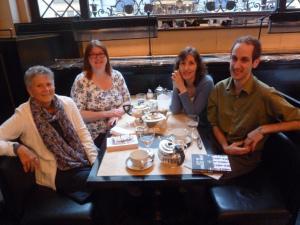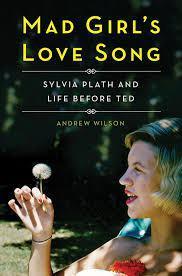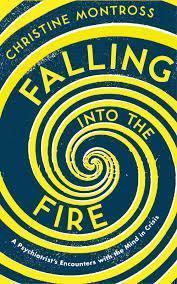Well this must be a first: I don’t think I’ve ever posted a proper photo of myself on this site and I wouldn’t break the routine now if it weren’t in honor of a very special event. Last week, the editors of Shiny New Books all met up in Piccadilly, London, for tea and, of course, book shopping (just on the wild offchance you might be curious, the books I bought were: Fin & Lady by Cathleen Shine, The Carriage House by Louisa Hall and The Interestings by Meg Wolitzer). Here we are, having more or less talked ourselves to a standstill.

Harriet, Annabel, Me and Simon
We’re now in the thick of reading and reviewing for our next full edition, which will be out at the start of July. But before then, we’ll be updating our spring magazine with a few more reviews and features – our newsletter will contain the full details. I’ve been busy piecing together the life of crime fiction writer, Celia Fremlin, whose novels have recently been re-issued by Faber & Faber. It’s been rather exciting as no biography of her exists, so I’ve been trawling the web and the libraries for information, and swapping opinions with Harriet, who’s reviewing the books. Hitchcock adapted Fremlin’s first novel, The Hours Before Dawn, for one of his television programs, and you can still watch it online. I can see exactly why her stories appealled to him – domestic settings, creeping menace, women in peril, psychological terror. You can read all about it in May.
On that note, of really good books I’ve read for SNB, I thought I might point you in the direction of a couple of non-fiction reviews of mine.

‘In Andrew Wilson’s fascinating account of Sylvia Plath before she met Ted Hughes, she comes across as the Britney Spears of the poetry world. There’s the same economically-challenged background, of which she is slightly ashamed, with ambiguous relationships to her parents, the same precocious talent, and the same crazy ambition….’ Read full review.

‘I begin to wonder whether there is an entry in the DSM (the Diagnostic and Statistical Manual of Mental Disorders) for readers like me, who find themselves fascinated by accounts of people struggling with the different illnesses it defines. I’ve long been a reader of ‘shrink lit’, books based on psychotherapy, and now I’m branching into the popular literature on psychiatry, for which Oliver Sacks is the main torch bearer. Following in his footsteps with great compassion, intelligence and a wealth of completely bonkers patients is Christine Montross… Read full review
However, I’ve been complaining of late about the string of small but unpleasant catastrophes that have afflicted me recently, and now the universe has really stopped pulling its punches. I’ve realised that over the past 10 days or so, I’ve lost five books in the post. I’m going to the village post office for the second time later today to be put in touch with the local customer service rep to try and get this sorted out. I’d like to be all Nancy Drew about it – this is after all the tale of The Postman Doesn’t Ring Once, Let Alone Twice. But actually I’m just cross. People are sending me books, and they are not reaching me. What sort of heinous crime is this?
